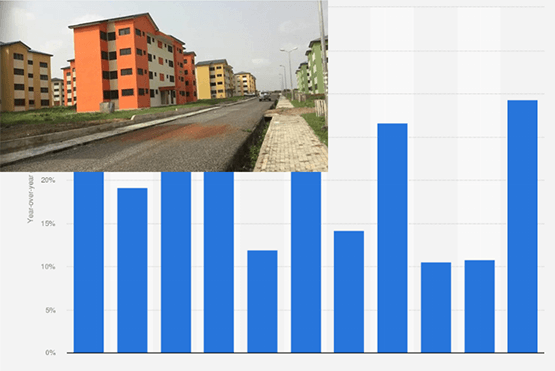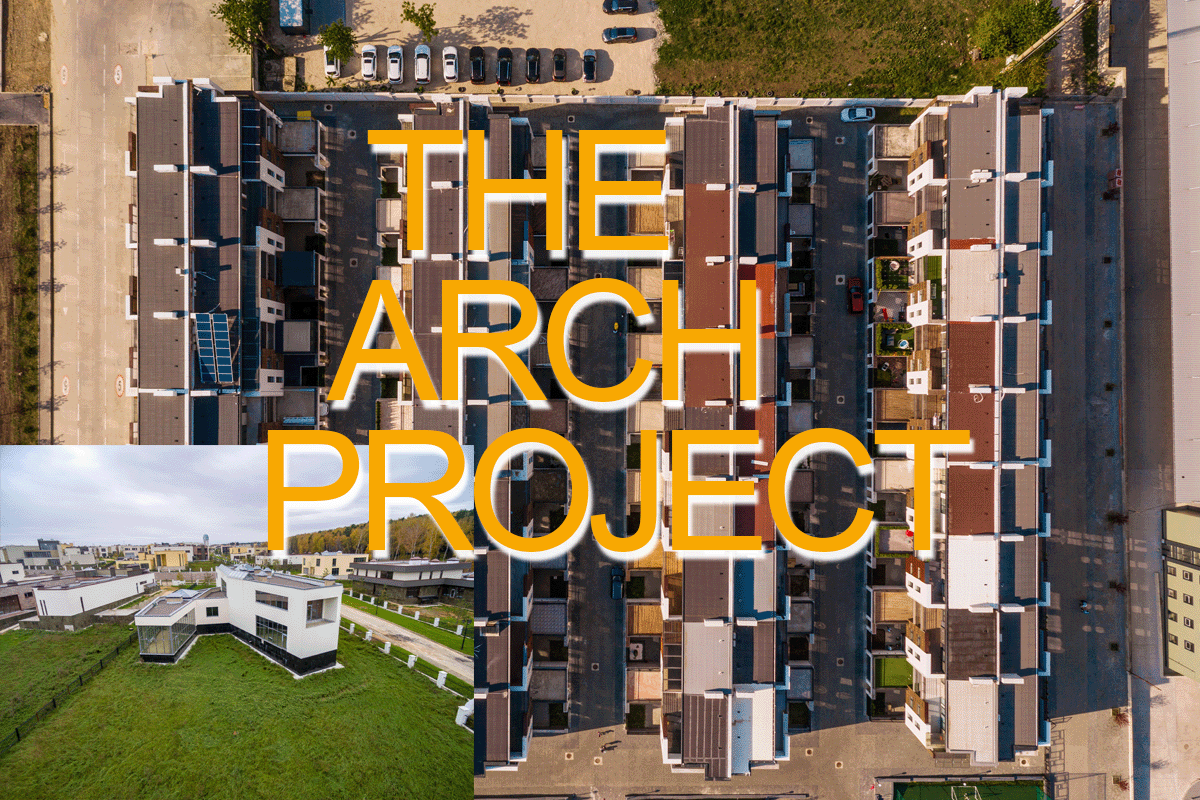In the dynamic landscape of real estate, the Housing Affordability Index in Ghana stands out as a critical metric. This comprehensive article delves into the intricacies of this index, shedding light on its significance, influencing factors, and the current state of housing affordability in Ghana.
Understanding the Housing Affordability Index
Defining the Index
The Housing Affordability Index serves as a crucial barometer, assessing the ease with which individuals or families can acquire housing within a specific market. It takes into account various factors, such as median household income, housing prices, and mortgage rates.
Importance of Affordable Housing
Economic Impact
The affordability of housing is intricately linked to the overall economic health of a nation. As we explore the Housing Affordability Index: A Closer Look at Ghana, it becomes evident that a well-balanced housing market positively influences economic stability, fostering growth and financial well-being.
Factors Affecting Housing Affordability in Ghana
Income Levels
The income level of the population stands as a pivotal factor influencing housing affordability in Ghana. A nuanced comprehension of the varied income brackets unveils the distinct challenges encountered by different segments of society in their pursuit of suitable housing. It is noteworthy that a significant proportion of the population grapples with unemployment, further exacerbating the affordability crisis. Moreover, among those fortunate enough to be employed, a considerable number struggle with meager incomes that fall short of providing access to decent housing options. This stark economic reality underscores the pressing need for comprehensive strategies to address the complex interplay between income disparities and housing affordability in the Ghanaian context.
Real Estate Trends
Fluctuations in real estate markets significantly impact housing affordability. Analyzing these trends in Ghana allows us to anticipate challenges and devise strategies to maintain a balanced and affordable housing market.
Government Policies
Government interventions wield significant influence in shaping housing affordability. This segment delves into the consequences of current policies while also suggesting potential measures to improve affordability for Ghanaians. It is crucial to acknowledge, however, that a substantial portion of the housing policies implemented by the government have not yielded positive outcomes. Notably, completed affordable housing projects, such as the Saglemi Housing project, face deterioration and neglect. Compounding the issue, many of these ostensibly affordable housing units are priced in dollars, posing a considerable barrier to accessibility for a significant portion of the population. This raises pertinent questions about the effectiveness and inclusivity of the government’s approach to addressing housing affordability challenges in Ghana.
Ghana’s Economic Landscape
Current Economic Scenario
A detailed examination of Ghana’s economic climate provides context for understanding the challenges and opportunities in the housing sector. Economic stability is foundational to achieving sustainable housing affordability.
Housing Market in Ghana
Overview of Real Estate
Navigating the housing market in Ghana involves understanding the nuances of property acquisition, market trends, and the role of real estate developers. This section serves as a guide for those seeking insight into the housing landscape.
Housing Affordability Index in Ghana
Analyzing the Numbers
Delving into the specifics of Ghana’s Housing Affordability Index, we dissect the numbers to reveal patterns, disparities, and potential areas for improvement. This data-driven exploration enhances our understanding of the current state of housing affordability.
Regional Disparities
Variances in Affordability
Housing affordability varies across Ghana’s diverse regions, highlighting localized challenges and the need for region-specific solutions to ensure fair access to housing. Notably, securing affordable housing in Accra proves to be exceptionally challenging due to its scarcity. The high demand for housing in the capital is exploited by some, leading to difficulties for tenants. In contrast, other parts of the country, such as Kumasi, Ho, and Tamale, present comparatively less complicated access to housing.
Addressing this regional disparity requires a concerted effort, emphasizing serious investments in affordable housing projects spanning the entire country. Such initiatives would not only alleviate the housing challenges faced by residents in Accra but also contribute to reducing urbanization congestion in major cities. By promoting accessible housing options in various regions, we can strive towards a more balanced and equitable distribution of affordable housing across Ghana.
FAQs
Q: How is the Housing Affordability Index calculated in Ghana?
A: The Housing Affordability Index in Ghana is calculated by considering the median household income, housing prices, and mortgage rates. It provides a numerical representation of the ease of acquiring housing in the country.
Q: What are the main challenges to housing affordability in Ghana?
A: Challenges include income disparities, fluctuating real estate trends, and the need for effective government policies. Understanding and addressing these challenges is crucial for enhancing housing affordability.
Q: Are there regional differences in housing affordability in Ghana?
A: Yes, regional disparities exist in housing affordability in Ghana. Factors such as urbanization and economic development contribute to variations in affordability across different regions.
To conclude
Summarizing the multifaceted exploration of the Housing Affordability Index: A Closer Look at Ghana, it is evident that a holistic approach is necessary to address the challenges and unlock the potential for affordable housing. Through collaborative efforts, innovative solutions, and informed policies, Ghana can pave the way for a more accessible and sustainable housing future.




